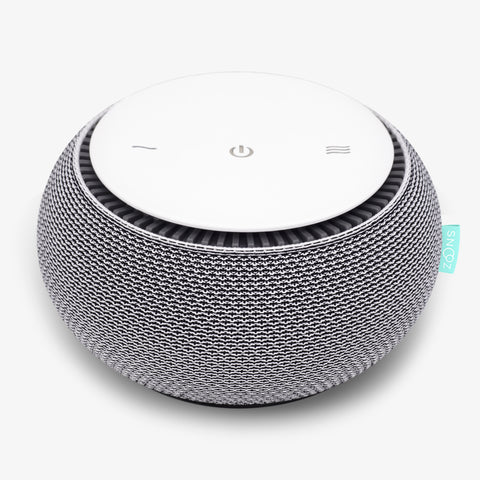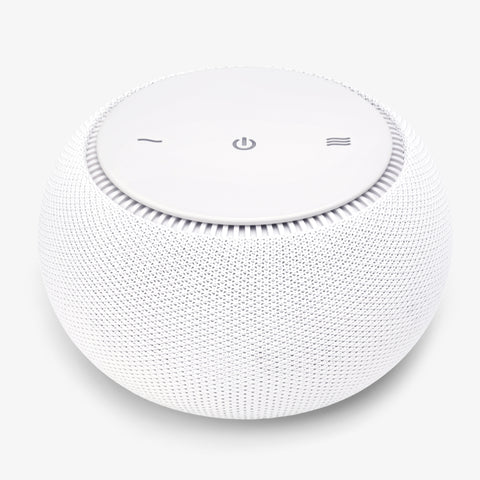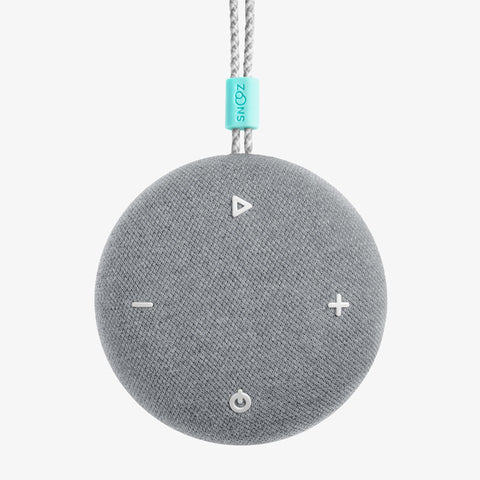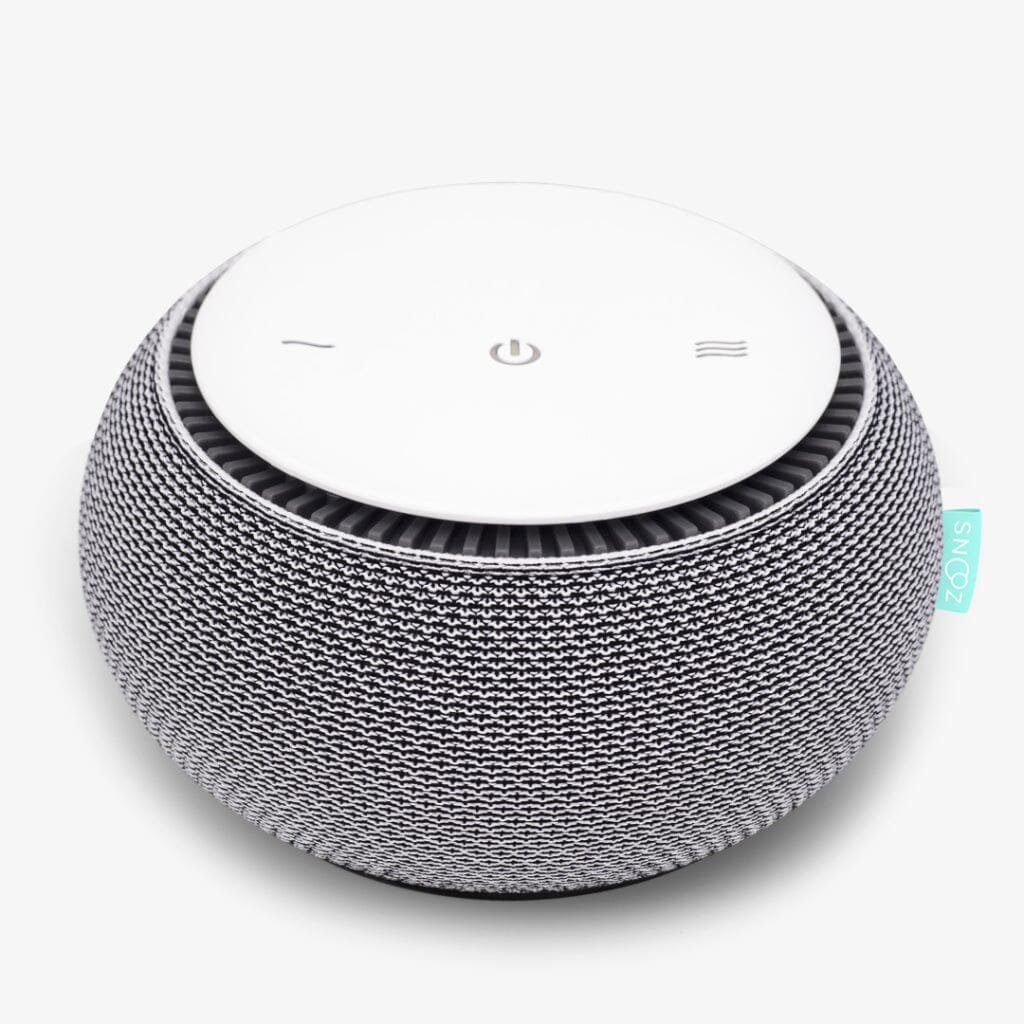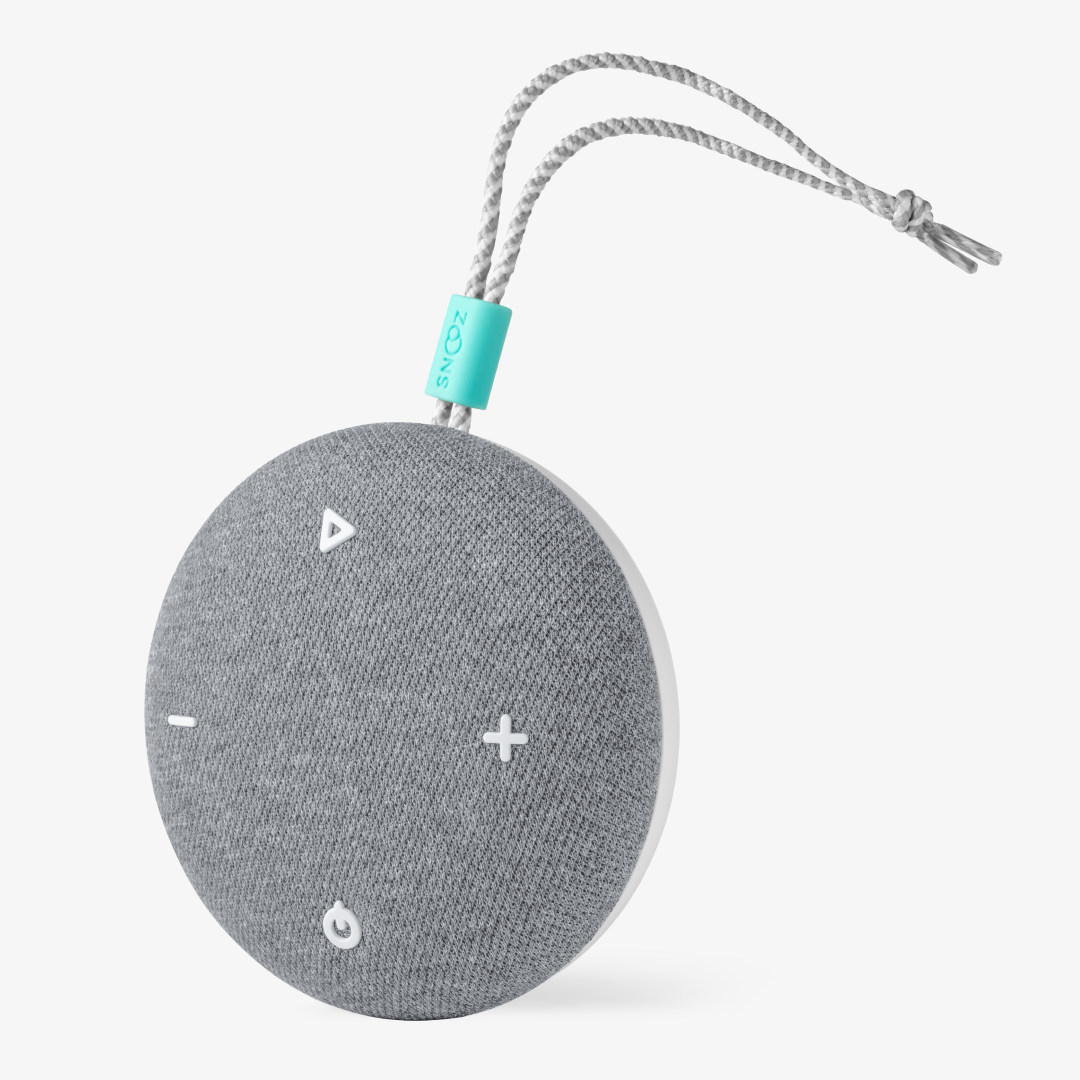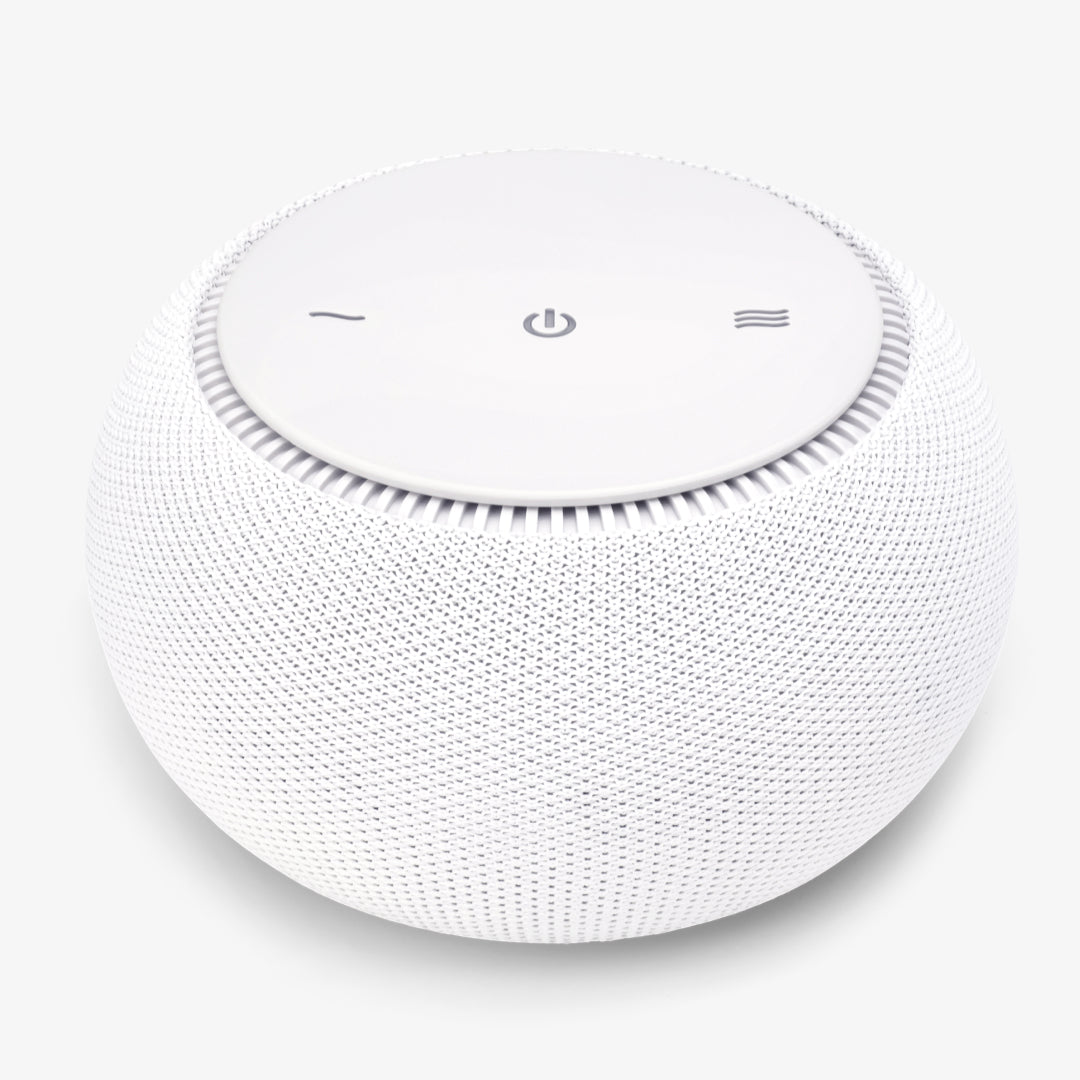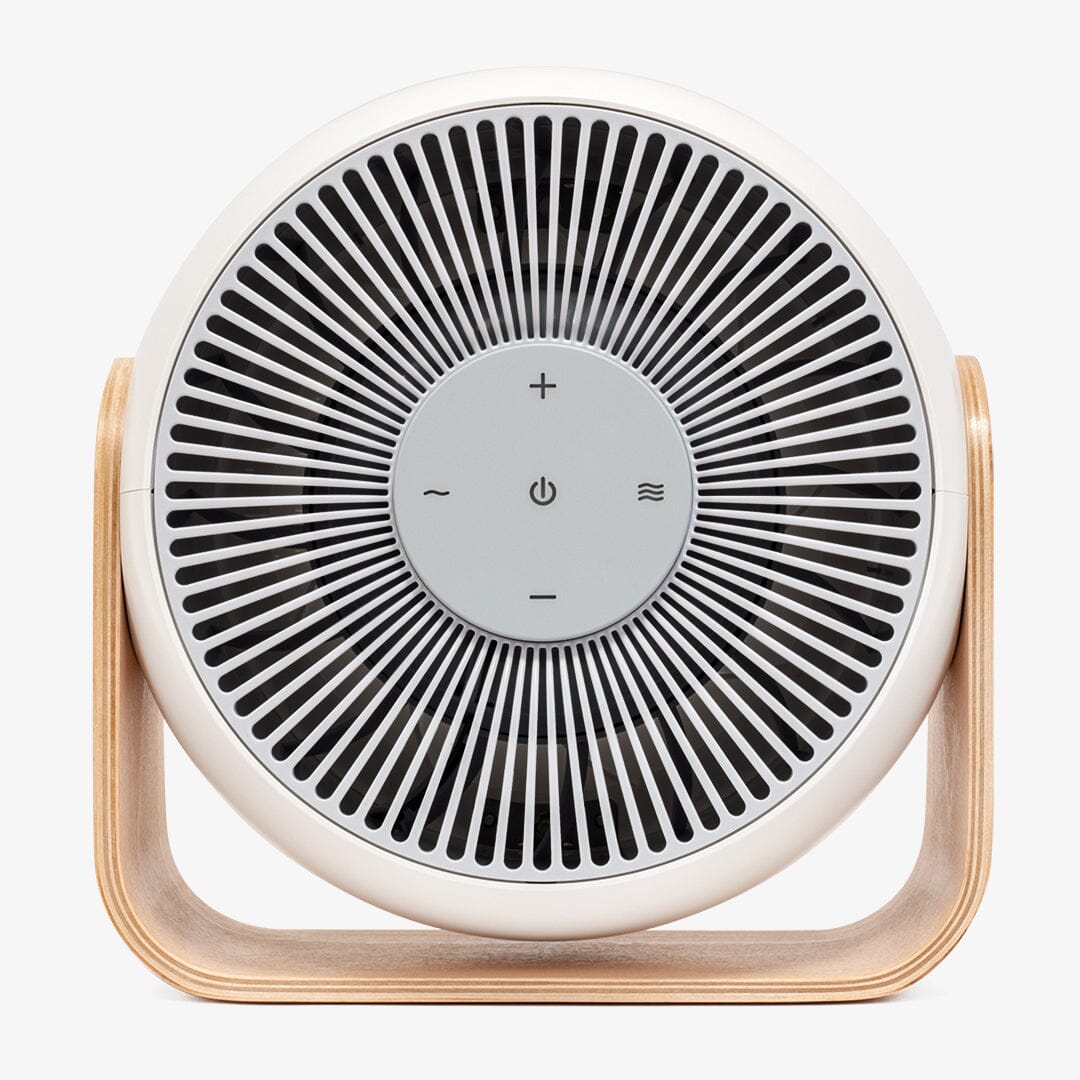The Relationship Between Diet and Sleep: Foods to Avoid and Foods to Embrace for Better Rest
In today's fast-paced world, sleep has become a precious commodity. Many people struggle to get enough restful sleep, and while various factors contribute to sleep quality, diet plays a significant role. Certain foods can make it harder to fall asleep and stay asleep, while others can promote better sleep. Understanding these foods can help you make better dietary choices to improve your sleep hygiene.
Foods That Can Disrupt Sleep
1. Caffeine-Rich Foods and Beverages
- Coffee and Tea: These beverages are common sources of caffeine, which can stay in your system for up to six hours, making it harder to fall asleep. Even decaffeinated varieties contain some caffeine, so it's best to avoid them in the late afternoon and evening.
- Chocolate: Not only does chocolate contain caffeine, but it also has theobromine, a stimulant that can increase heart rate and cause sleeplessness.
- Soda and Energy Drinks: These drinks are high in both caffeine and sugar, which can lead to a spike in energy followed by a crash, disrupting your sleep cycle.
2. Spicy Foods
- Chili Peppers: Consuming spicy foods like chili peppers close to bedtime can cause indigestion and increase your body temperature, making it harder to fall asleep.
- Hot Sauces and Spices: These can lead to acid reflux and heartburn, especially when consumed in large quantities or late at night.
3. High-Fat and Fried Foods
- Fast Food: High-fat content can slow down digestion, leading to discomfort and disturbed sleep.
- Cheese and Heavy Creams: These are harder to digest and can cause bloating and discomfort, keeping you awake at night.
4. Sugary Foods and Refined Carbohydrates
- Candy and Desserts: High sugar content can cause blood sugar spikes and crashes, leading to insomnia and poor sleep quality.
- White Bread and Pasta: Foods with a high glycemic index can disrupt sleep patterns by causing fluctuations in blood sugar levels.
5. Alcohol
- Wine, Beer, and Spirits: While alcohol can initially make you feel drowsy, it can disrupt the sleep cycle, particularly the REM stage, leading to fragmented sleep and early morning awakenings.
6. Foods High in Tyramine
- Aged Cheeses and Cured Meats: These contain tyramine, which can increase brain activity and delay sleep onset by stimulating the release of norepinephrine, a brain stimulant.
Foods That Promote Better Sleep
1. Foods Rich in Tryptophan
- Turkey: This bird is famously high in tryptophan, an amino acid that the body uses to produce serotonin and melatonin, hormones that regulate sleep.
- Nuts and Seeds: Almonds and pumpkin seeds are excellent sources of tryptophan and also provide magnesium, which promotes relaxation.
2. Complex Carbohydrates
- Whole Grains: Foods like oats, quinoa, and whole wheat can help stabilize blood sugar levels, reducing the likelihood of waking up during the night.
- Sweet Potatoes: Rich in potassium and complex carbohydrates, sweet potatoes can help relax your muscles and nerves, aiding in better sleep.
3. Foods High in Melatonin
- Cherries: One of the few natural sources of melatonin, cherries can help regulate your sleep-wake cycle.
- Bananas: These fruits not only contain melatonin but also magnesium and potassium, which help with muscle relaxation.
4. Magnesium-Rich Foods
- Leafy Greens: Spinach and kale are high in magnesium, which helps relax muscles and nerves, promoting restful sleep.
- Fish: Especially fatty fish like salmon and halibut, which are also high in omega-3 fatty acids, supporting overall health and relaxation.
5. Herbal Teas
- Chamomile Tea: Known for its calming effects, chamomile tea can reduce anxiety and promote sleep.
- Lavender and Valerian Root Teas: These herbal teas are known to promote relaxation and improve sleep quality.
6. Probiotic-Rich Foods
- Yogurt and Kefir: These support gut health, which has been linked to better sleep through the gut-brain axis.
- Fermented Foods: Such as kimchi and sauerkraut, these foods can enhance digestion and improve overall health, indirectly supporting better sleep.
Tips for Better Sleep Hygiene
To maximize the benefits of sleep-promoting foods and minimize the impact of sleep-disrupting ones, consider the following tips:
- Timing of Meals: Avoid large meals, spicy foods, and food that will spike your blood pressure close to bedtime. Aim to have your last meal at least 2-3 hours before sleeping to allow your body to digest food properly.
- Balanced Diet: Maintain a diet rich in vegetables, fruits, whole grains, and lean proteins to support overall health and well-being.
- Hydration: Stay hydrated throughout the day, but reduce fluid intake in the evening to minimize trips to the bathroom at night.
- Mindful Eating: Pay attention to how different foods affect your sleep and adjust your diet accordingly. Keeping a food diary can help you identify patterns and make necessary changes.
By being mindful of what you eat and when you eat, you can significantly improve your sleep quality. Incorporating sleep-promoting foods into your diet and avoiding those that disrupt sleep can lead to more restful nights and better overall health. Sweet dreams!

